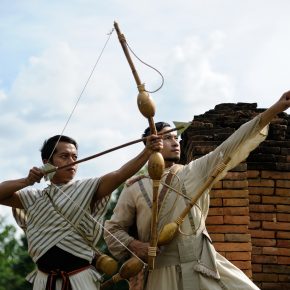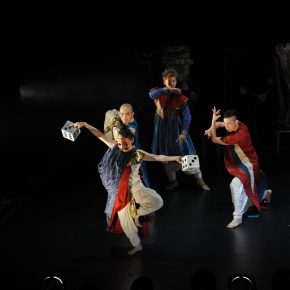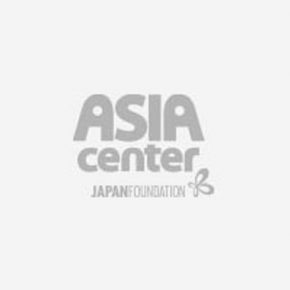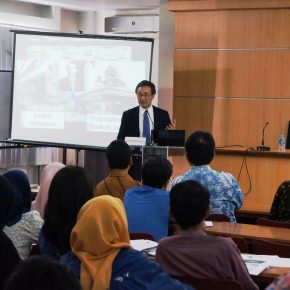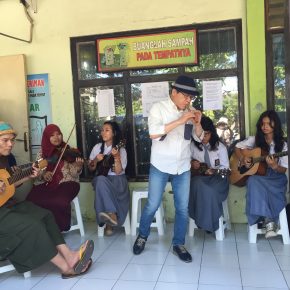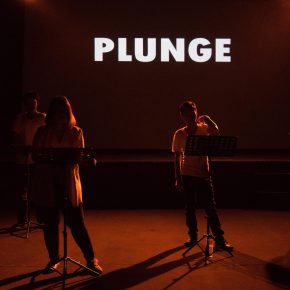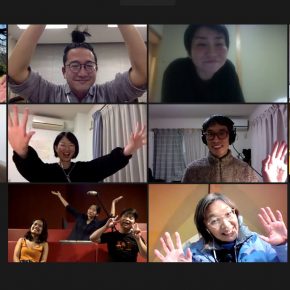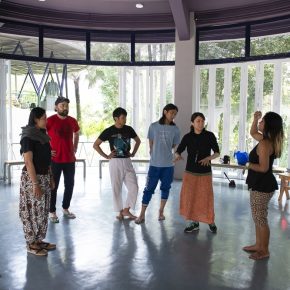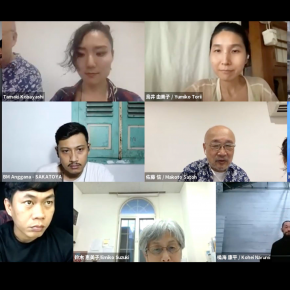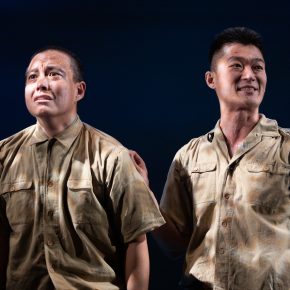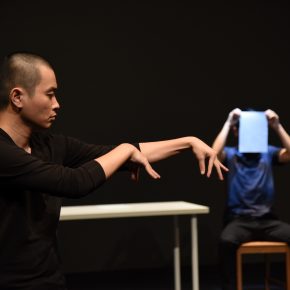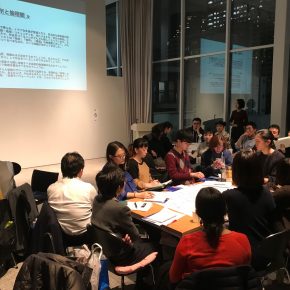Mahabharata is an international collaboration performance since 2013 as part of their eight year work toward the 2020 Tokyo Olympics. Part 3, produced in Indonesia, received screenings in Yogyakarta and Jakarta with workshops, lectures, and other activities to provide an where co-existence is possible. Networking between artists and producers from across Asia will also serve as the coexperience conducive to stimulating the senses and intellect. The work was produced thanks to the cooperation of artists from Indonesia, Philippines, Malaysia, India, and Cambodia, seeking cultural exchange not just within Indonesia, but with all the people of Asia in order to promote diversity and seek a future re of future production for part 4 of the project, which will take place in Thailand in 2017.
Achievements of FY 2015 https://grant-fellowship-db.asiawa.jpf.go.jp/grant/cc1508/ Achievements of FY 2017 https://grant-fellowship-db.asiawa.jpf.go.jp/grant/cc1723/
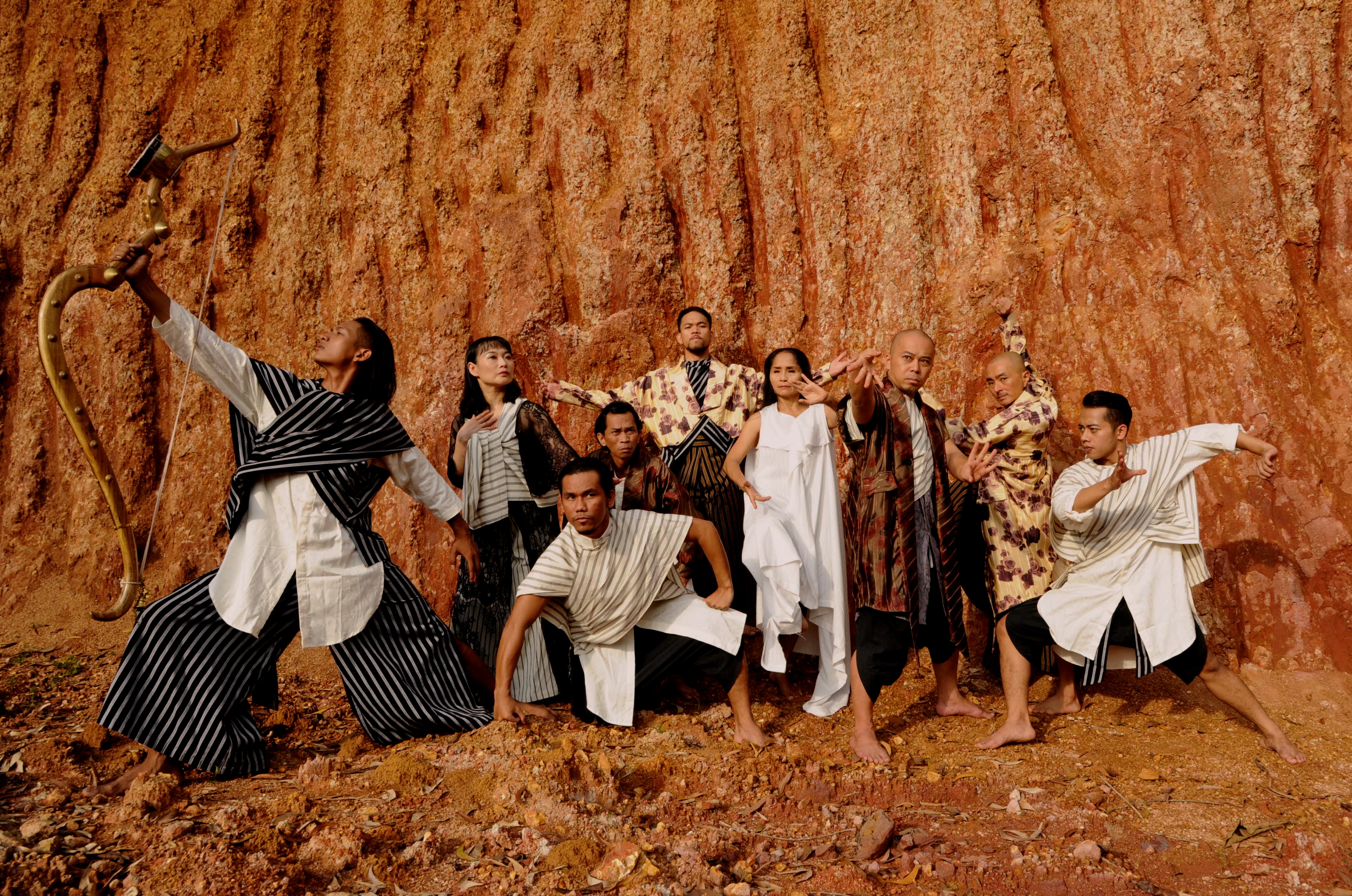
- Related Countries
- Japan, Philippines, Indonesia, Malaysia, Cambodia, India
- Co-organizer(s), Cooperator(s)
- Kelola Foundation
- Jakarta Arts Council
- Teater Garasi
- Philippines Educational Theatre Association (PETA)
- Nyoba Kan
From the Organizer
“Mahabharata Part 3” featured the highest quality of the entire series, and greatly impressed viewers in Yogyakarta and Jakarta. The young performers who participated in the project gave their thanks, saying the project provided “a tremendously stimulating and meaningful place to perform,” and will also further develop the next generation of creative talent in the Asian art scene. The exchange opportunities provided in addition to the original plan, including chances to observe training sessions and attend exchange meetings, along with roadside performances, were also widely praised, leaving a positive impact on attendees and the creation of movements going forward. Additionally, while artists from Japan and other Asian countries travelled to and stayed in Indonesia, providing exchange and transmission of a variety of cultures to the creation was an essential element for the project, something that never would have been possible without financial aid. With funding for projects being so difficult to come by in Asia at the present time, being able to handle expenses for equipment and staging was a particularly meaningful element of the production.
